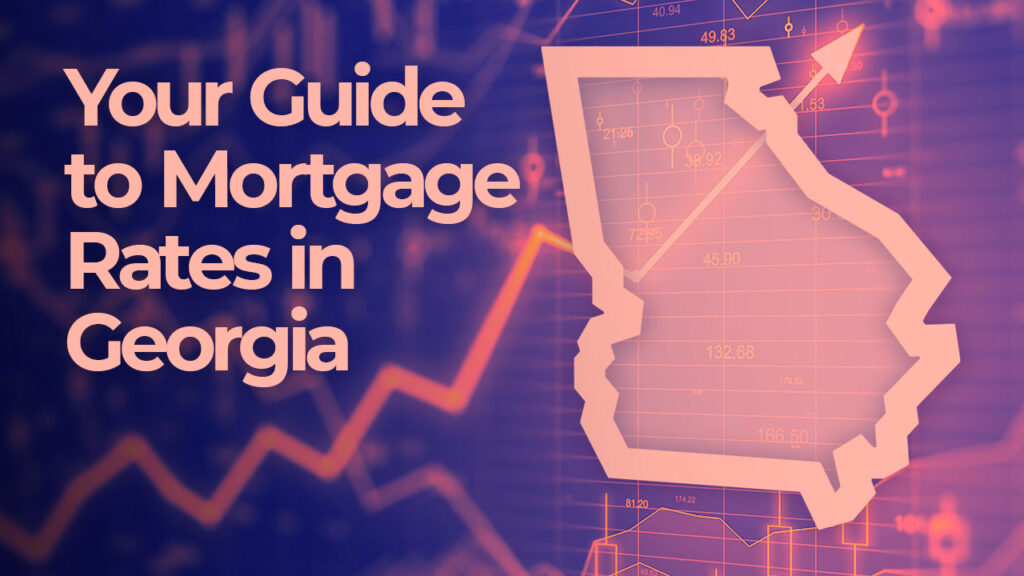Securing a loan when you’re on a fixed income, such as Social Security, can feel like navigating a maze. Many lenders shy away from applicants whose income is solely from retirement benefits, but it’s not impossible. This guide explores your options and helps you understand what to expect.
Understanding Fixed-Income Loans
Lenders assess your ability to repay, considering income stability and debt. Social Security provides a consistent income stream, but its limitations often make it challenging to meet stringent loan criteria. 
Types of Loans for Fixed Incomes
Several loan types cater to those with fixed incomes, each with unique requirements. Exploring your options is crucial to finding the best fit.
Payday Loans: A High-Risk Option
Payday loans are notorious for their high interest rates and short repayment periods. While accessible, they can trap you in a cycle of debt, especially on a fixed budget. Avoid these unless absolutely necessary. Learn more about the dangers of payday loans.
Personal Loans: A More Stable Approach
Personal loans offer more manageable repayment terms than payday loans. However, securing approval on a fixed income often requires excellent credit and a co-signer. 
Secured Loans: Using Assets as Collateral
Secured loans use an asset, like a car or home, as collateral. This reduces the lender’s risk and improves your chances of approval. However, it means you risk losing your asset if you default.
Home Equity Loans: Tapping into Your Home’s Value
If you own your home, a home equity loan or line of credit can offer a lower interest rate than unsecured personal loans. However, it puts your home at risk if you can’t repay. Learn more about home equity loans.
Lines of Credit: Flexibility in Borrowing
A line of credit provides access to funds as needed, up to a pre-approved limit. This flexibility can be advantageous for unexpected expenses. 
Credit Unions: A Potential Source of Support
Credit unions often offer more flexible loan terms and lower interest rates compared to banks. They focus on member needs and can be a valuable resource. Find a credit union near you.
Government Assistance Programs
Depending on your location and circumstances, various government assistance programs might provide financial aid or low-interest loans. Research available options in your area.
Improving Your Chances of Approval
Building a strong credit history is crucial. Paying bills on time and keeping credit utilization low significantly improves your loan application prospects.
The Importance of Credit Score
Your credit score is a major factor lenders consider. A higher score reflects your responsible financial behavior and increases your approval chances. Check your credit score for free.
Co-Signers and Guarantors
A co-signer or guarantor with good credit can significantly improve your chances of securing a loan, especially if your credit history is limited or imperfect.
Negotiating Loan Terms
Don’t hesitate to negotiate interest rates and repayment terms. Lenders often have some flexibility, and a little negotiation can save you money in the long run.
Understanding Loan Fees and Charges
Be aware of all fees associated with the loan, including origination fees, late payment fees, and prepayment penalties. Compare different offers carefully.
Comparing Loan Offers
Before committing to a loan, compare offers from multiple lenders to find the most favorable terms. Consider interest rates, fees, and repayment periods.
Shop Around for the Best Rates
Don’t settle for the first loan offer you receive. Explore various lenders, both online and in your community, to find the best interest rates and terms. Compare loan rates online.
Budgeting and Financial Planning
Before applying for a loan, create a detailed budget to ensure you can comfortably manage the monthly payments. Learn how to create a budget.
Conclusion
Securing a loan on a fixed income is challenging but achievable with careful planning and research. By understanding your options, improving your creditworthiness, and comparing offers, you can increase your chances of success. Remember to prioritize responsible borrowing to avoid debt traps.
Frequently Asked Questions
What is the best type of loan for someone on Social Security? The best loan type depends on your specific needs and credit situation. Secured loans, credit union loans, or government assistance programs may be more accessible than unsecured personal loans.
Can I get a loan with bad credit and a fixed income? It’s more challenging, but not impossible. Consider a co-signer, secured loans, or loans from credit unions, which are sometimes more lenient.
What documents do I need to apply for a loan on a fixed income? Lenders typically require proof of income (Social Security statements), identification, and bank statements. Specific requirements vary.
How much can I borrow on a fixed income? The amount you can borrow depends on your credit score, income, debts, and the lender’s policies. Lenders assess your debt-to-income ratio to determine your borrowing capacity.
What if I can’t repay my loan? Contact your lender immediately to discuss options, such as repayment plans or hardship programs. Ignoring the problem will only worsen the situation.


